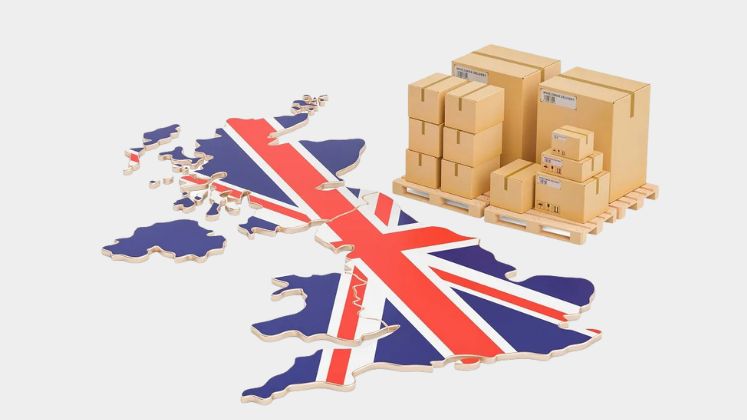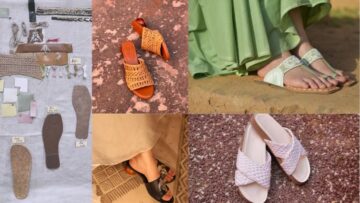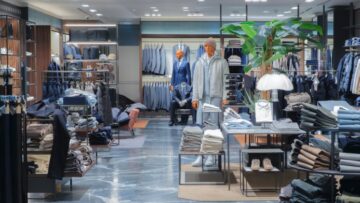
In a major effort to deepen trade with developing nations, the UK government has announced a broad package of reforms to simplify import procedures, reduce consumer prices and support international trade. The moves are part of a significant overhaul of the Developing Countries Trading Scheme (DCTS), a pillar of Britain’s post-Brexit trading policy.
The redesigned scheme offers streamlined rules of origin under which goods produced in nations such as Nigeria, Sri Lanka and the Philippines utilising components imported from all around Asia and Africa would be eligible for tariff-free entry into the UK. This is meant to broaden the entry of competitively priced products— such as clothing —into the UK market. Bangladesh and Cambodia will remain exempt from zero tariffs, retaining a significant advantage for their garment and tech exports.
International Development Minister Jenny Chapman said that the world is changing and Global South partners are seeking fair trade partnerships—not aid. These new guidelines encourage that change, bringing mutual benefits to both sides.
Retail giants such as Marks & Spencer and Primark stand to gain, with enhanced access to lower-cost imports and greater supply chain flexibility. Since its launch in June 2023, the DCTS has already delivered over US $ 21.5 billion in tariff-free trade benefits, according to official figures.
Primark’s interim chief executive Eoin Tonge welcomed the new rules, saying they end trade disruptions when nations graduate from Least Developed Country (LDC) status. He added that these adjustments protect their sourcing models in main markets such as Bangladesh and Cambodia.
The upgrade also provides new technical and regulatory assistance for exporters in member countries to enable them to meet UK standards. The UK also seeks to unlock services trade like digital, legal and financial sectors as part of its wider ‘Trade for Development’ agenda.
The reforms were officially announced during a reception organised jointly by the Department for Business and Trade and the Foreign, Commonwealth & Development Office, where UK business leaders and foreign diplomats were present.
Industry circles welcomed the decision. Adam Mansell, UK Fashion & Textiles Association CEO said that this is a breakthrough for the UK fashion industry and their trading partners. Sri Lanka’s Joint Apparel Association Forum secretary general Yohan Lawrence referred to regional sourcing flexibility as “a game-changer” for exporters.






